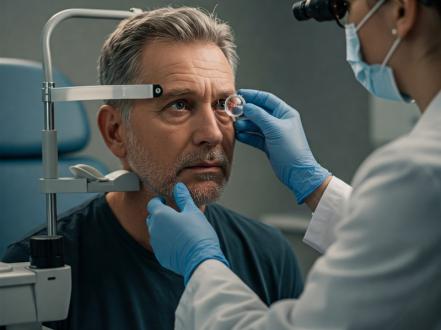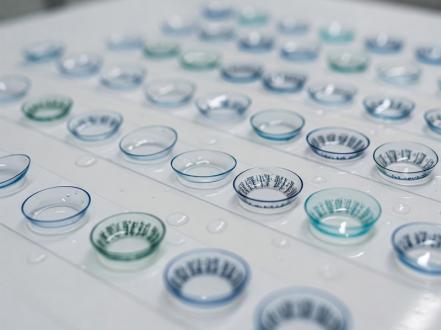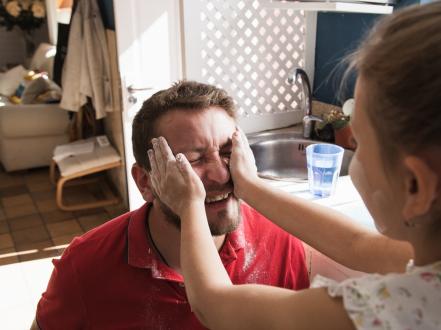Keratitis is an inflammatory disease that affects the cornea of the eye, the clear, dome-shaped, outermost layer that covers the pupil and iris. The main function of the cornea is to focus light into the eye, enabling us to see clearly. When the cornea becomes inflamed or irritated, a condition known as keratitis, it can lead to a reduction in vision quality and meagre eye health.
What is keratitis caused by?
Keratitis can be either infectious or non-infectious, depending primarily on what causes the inflammation. Infectious keratitis can be caused by bacteria, viruses, fungi, or parasites. Non-infectious keratitis can emanate from a minor injury or wearing contact lenses for longer than prescribed, causing irritation to the cornea. Non-infectious keratitis can also sprout from certain autoimmune diseases, such as Sjogren's syndrome or lupus, where the body's immune system mistakenly attacks its tissues.
Keratitis symptoms
Keratitis symptoms are predominantly universal, irrespective of the type or cause. Common symptoms include redness of the eye, pain and discomfort in the eye, increased sensitivity to light, blurry vision, and excessive tearing or discharge from the eye. In more severe cases, if not treated promptly, keratitis may result in permanent damage to the eye's vision.
Keratitis Treatment
The underlying cause generally dictates keratitis treatment. For example, bacterial keratitis may require antibiotic eye drops to eliminate the infection. However, these eye drops need frequent applications, sometimes every hour, in severe cases, to effectively overthrow the infection. On the other hand, antifungal or antiviral medicines may be prescribed if fungi or viruses cause keratitis, respectively.
Non-infectious keratitis treatment typically involves figuring out what's irritating the cornea and addressing it. It might mean not wearing contact lenses for a while or switching to a different type of lens. It might also include some preventive measures to avoid such issues in the future such as not over-wearing contact lenses, maintaining hygiene, and promptly seeking treatment for eye injuries or irritations.
Though keratitis may seem like a simple inflammation of the cornea, it's not something to be self-diagnosed or treated. A proper diagnosis from an ophthalmologist, a medical or osteopathic doctor specializing in eye and vision care, is required to determine the severity and cause of the condition. The ophthalmologist will start with a basic eye test and symptoms discussion, and based on that, may propose some tests, including a cornea culture, where a small sample from the infected cornea is taken and tested to ascertain what's causing the infection.
Overall, keratitis requires prompt diagnosis and treatment to prevent more serious complications, including the risk of permanent vision damage or, in extreme cases, blindness. Importantly, this emphasizes the need for maintaining good eye hygiene, particularly for contact lens users, and never hesitate to seek professional help if any sign of eye discomfort or vision disturbance is experienced. Remember that when it comes to the eyes, it's always better to be safe than sorry.

















